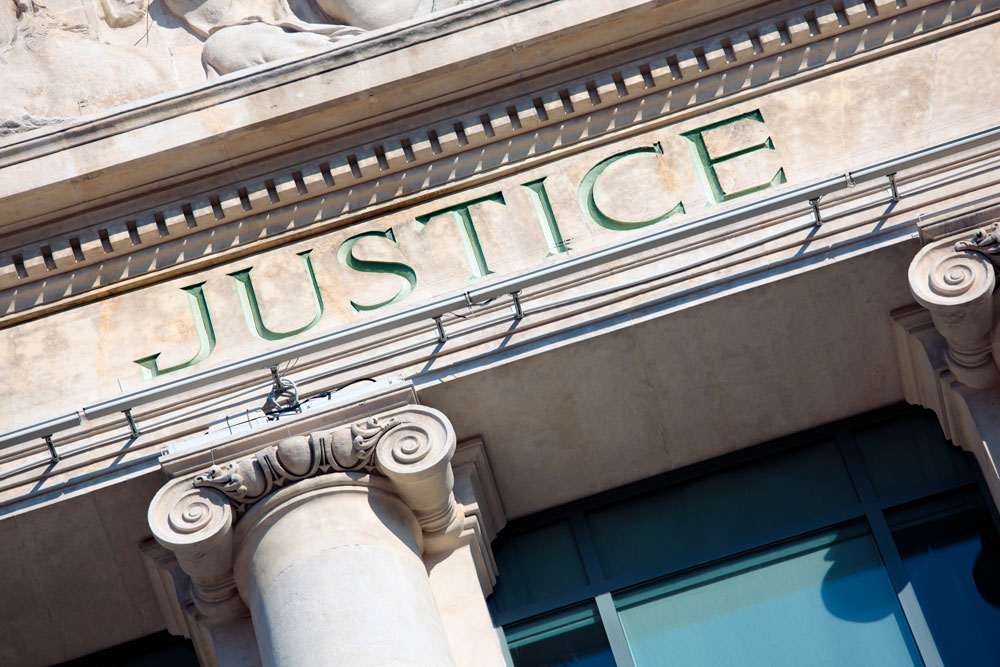
The New Jersey Supreme Court majority continued in relevant part: The Appellate Division reversed and remanded. Relying on Rule 3:13- 3(b)(1)(F) and (G) and the constitutional requirement to disclose exculpatory evidence under Brady, the Appellate Division held that the State is obligated to produce discovery beyond defendant’s conviction. The Court granted certification.
Because defendant was aware of the letter and the circumstances relevant to this appeal for nearly twenty-five years, yet provides no evidence — and made almost no effort to uncover evidence — that police interviewed Theresa after production of the letter, the trial court did not abuse its discretion in denying defendant’s post-conviction discovery request. The Court notes the extraordinary nature of the motion at issue, which is premised on defendant’s claim that, because detectives interviewed Theresa before his trial regarding an unrelated matter involving a business that he owned, the State should be compelled to search its file for evidence that officers interviewed Theresa after production of the letter. Significantly, defendant knew of the first interview before his trial. He therefore had all of the information on which he now predicates his discovery request prior to his trial, and Rule 3:13-3(f) would have provided a ready remedy, had his motion been made at trial. Moreover, defendant could have made the present inquiry at any time since trial, but he failed to raise the issue presented here in either his direct appeal or in his 1999 PCR petition, even though they focused on the letter.
It is true that, if such a second interview took place, the State would have been obliged to include any record made of it among its other automatic post-indictment materials pursuant to Rule 3:13-3(b)(1)(F) and (G). And, if the interview took place and was exculpatory, its disclosure would have been mandatory under both Brady and Rule 3:13- 3(b)(1). The continuing duty to disclose such materials imposed by Rule 3:13-3(f), however, ends with a defendant’s conviction. Requests for discovery made postconviction — even if the requested materials should have been turned over automatically post-indictment — are not granted automatically under either the Court Rules or Brady.
It seems the majority is using circular reasoning in the context of a PCR petition. The nature of a PCR petition is to determine if prior counsel made material errors and performed ineffectively. If so, the defendant is entitled to a new trial. Here, the Court reasons that prior counsel’s errors in not seeking the belatedly requested discovery are a basis to deny PCR as opposed to granting it.
